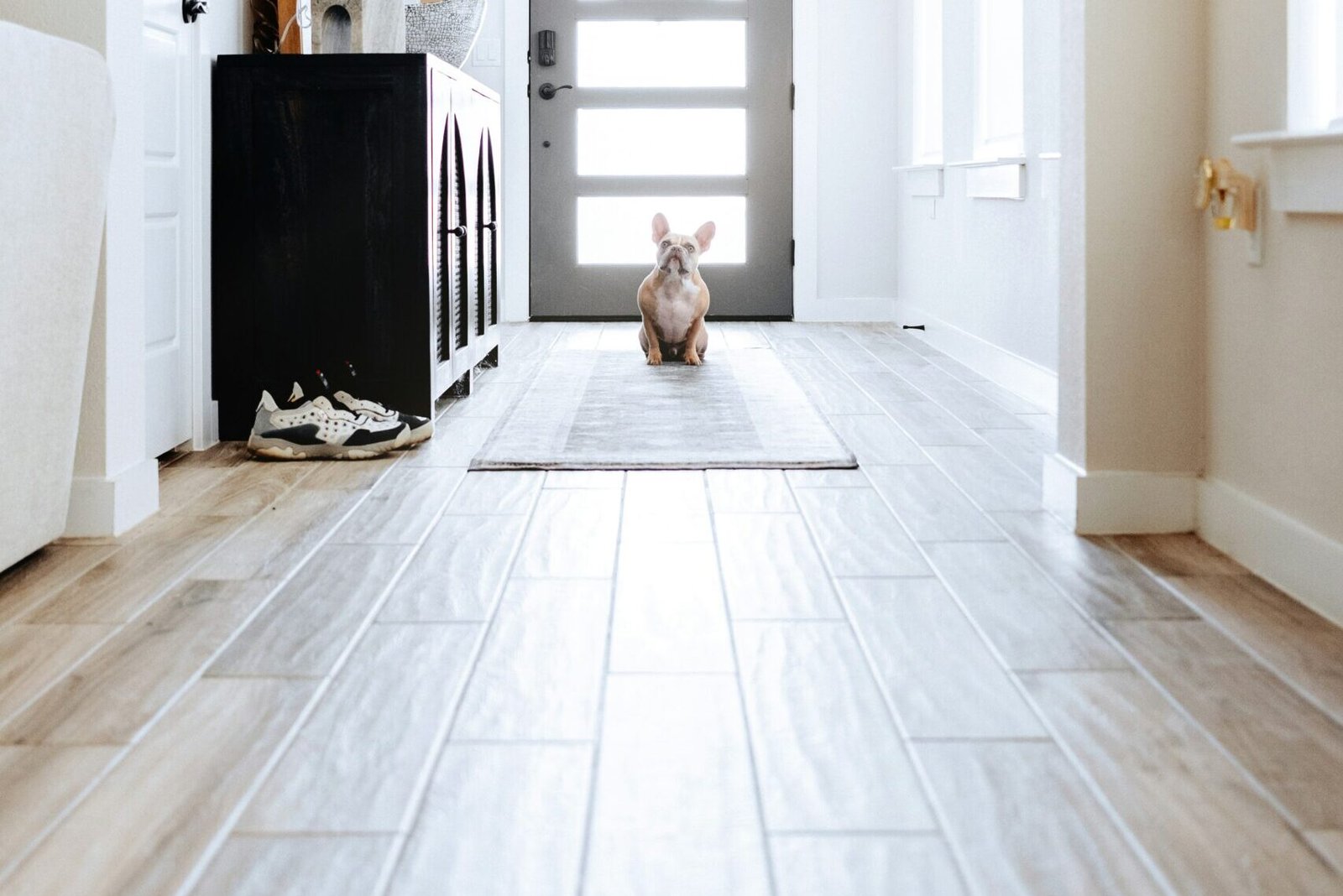
Engineered hardwood floors have become a popular choice for homeowners seeking the beauty of hardwood with added stability and versatility. At iHomes Remodeling in Houston, TX, we often recommend engineered hardwood for its durability and adaptability to various environments. But one common question we hear is, “How long do engineered hardwood floors last?” Let’s explore the factors that influence the lifespan of engineered hardwood floors and what you can expect in terms of longevity.
Lifespan of Engineered Hardwood Floors
Engineered hardwood floors typically last between 20 to 30 years, but with proper care and maintenance, they can last even longer. Several factors contribute to the lifespan of engineered hardwood, including the quality of the product, the thickness of the veneer, the type of core, and the conditions in which it’s installed.Factors Affecting Longevity
- Quality of the Product: High-quality engineered hardwood with a thick wear layer and a sturdy core will last longer than cheaper options with thin veneers and less durable cores.
- Thickness of the Veneer: The top layer of engineered hardwood is a veneer of real wood. The thicker this layer, the more times the floor can be sanded and refinished, extending its lifespan.
- Type of Core: Engineered hardwood with a plywood core tends to be more stable and durable than those with fiberboard cores, contributing to a longer lifespan.
- Installation and Environmental Conditions: Proper installation and a stable environment with controlled humidity levels can prevent warping and buckling, ensuring the longevity of the floors.
- Maintenance and Care: Regular cleaning, protecting the floors from scratches and dents, and promptly addressing any water spills can significantly extend the life of engineered hardwood floors.
Comparing Engineered Hardwood to Solid Hardwood
While solid hardwood floors can last for generations with proper care, engineered hardwood has a slightly shorter lifespan due to its construction. However, the difference in longevity is often offset by the added benefits of engineered hardwood, such as its resistance to moisture and its suitability for a wider range of installation environments.Tips for Extending the Life of Engineered Hardwood Floors
- Regular Cleaning: Sweep or vacuum regularly to remove dirt and debris that can scratch the surface. Use a damp mop with a mild cleaner specifically designed for engineered hardwood floors.
- Protect Against Scratches: Use felt pads under furniture legs and avoid walking on the floors with high heels or sharp objects.
- Control Humidity: Maintain a consistent indoor humidity level between 30-50% to prevent warping and splitting.
- Refinishing: If the wear layer is thick enough, engineered hardwood floors can be sanded and refinished to remove scratches and refresh their appearance. Consult with a professional to determine if refinishing is an option for your floors.
- Address Spills Immediately: Wipe up any spills promptly to prevent water damage to the veneer and core.
